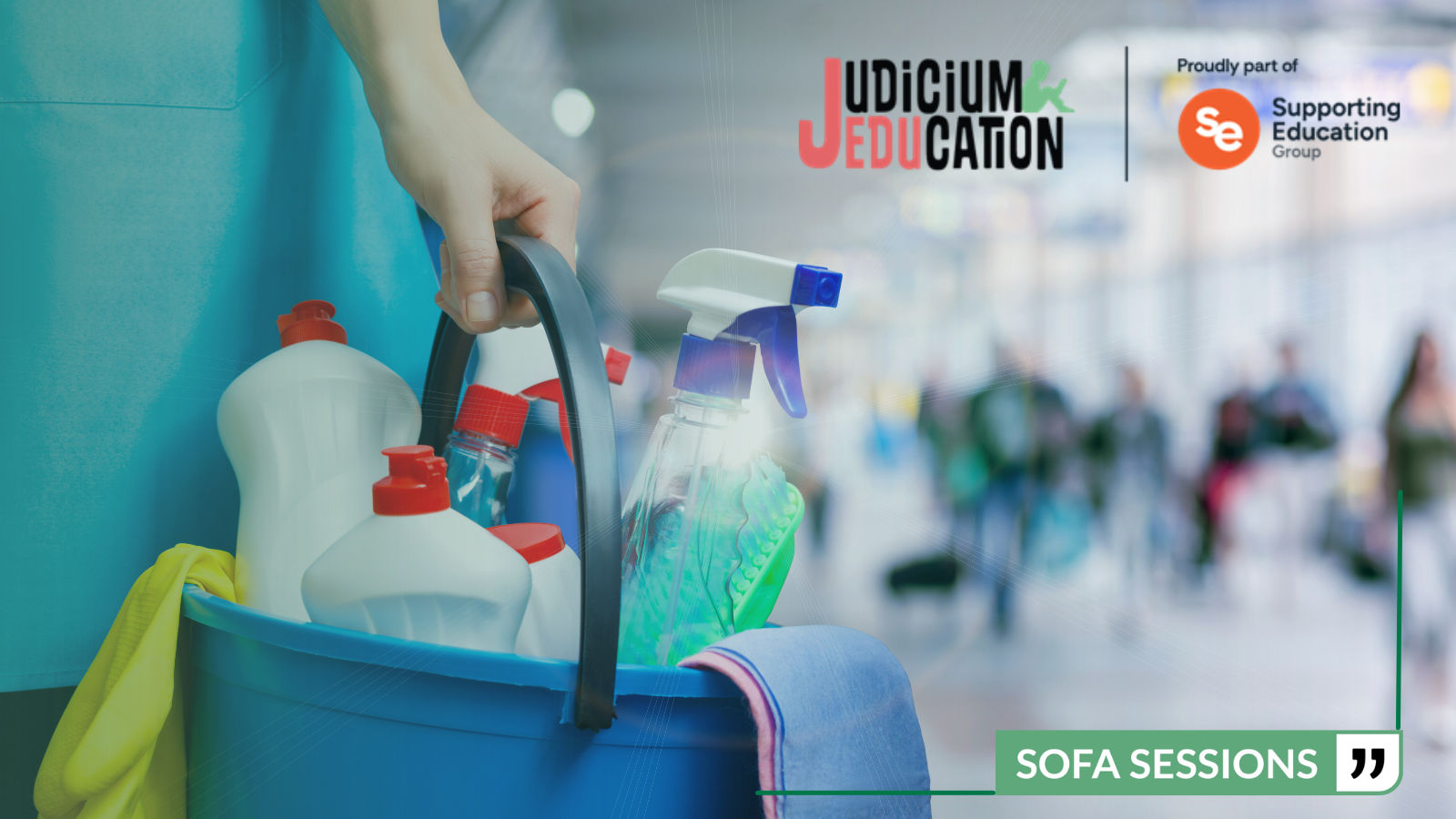New and Expectant Mums from a Health and Safety Perspective

This session focused on: What should your health and safety policy say to meet current HSE Guidance; ensuring your Display Screen Equipment assessment process is supportive; and specialist areas to consider for specific job roles.
What should your Health and Safety policy say to meet current HSE guidance?
Your policy should clarify how you will support staff who inform you they are pregnant, breastfeeding or have given birth in the last 6 months.
You need to ensure that your policy is in line with the revised HSE guidance available at - www.hse.gov.uk
You should initially review the general risk assessment and management controls for their role and then create an individual risk assessment that is a live document throughout their pregnancy and/or the 6 months after their return to work.
As working conditions can present different risks to a mother or child at different stages, you need to consider different factors as the pregnancy progresses:
- Dexterity
- Agility
- Coordination
- Some Movement
- Reach
Talk to your member of staff individually about any concerns they have, medical advice and specific circumstances that need to be addressed.
Where a hazard cannot be eliminated or the level of risk suitably reduced, you will need to:- Adjust their working conditions or hours
- Offer them suitable alternative work
- Suspend them on full pay
How do you ensure your Display Screen Equipment assessment process is supportive?
You need to take into consideration the work environment, workstation equipment, and the need for more frequent breaks.
As part of the process of completing an individual risk assessment for a new mother or pregnant member of staff, you should complete a DSE assessment for their work area or station.
Some things to include within the DSE assessment are:- how they are sitting for posture and support
- whether they can comfortably carry out their duties such as typing at their desk or reaching to answer the phone
The individual’s needs will continue to change and develop throughout their pregnancy and during their return to work so it is very important to ensure the DSE assessment is regularly reviewed as well as the core risk assessment for their job role.
The DSE assessment must take into consideration any specific medical advice that has been provided. This must be included in the overall assessment and may include specialist equipment such as a supportive footrest, adapted chairs or other additions for spinal support.
What specialist areas should you consider for specific job roles?
Breastfeeding
Staff should be provided with a place that is private, somewhere to lie down and it must be hygienic.
Pregnant workers and new mothers could be more prone to injury, which may not become apparent until after birth.
Postural problems
These can occur at different stages of pregnancy, and on returning to work, depending on the individual and their working conditions.
You should make sure pregnant workers and new mothers are not:- sitting or standing for long periods
- lifting or carrying heavy loads
- using a workstation that causes posture issues
Long hours and shift work
These can have a significant effect on the health of pregnant workers, new mothers and their children. They may also be particularly vulnerable to work-related stressors.
Not all workers will be affected in the same way, but mental and physical fatigue generally increases during pregnancy and following birth.
Consider how your existing work-related stress management arrangements can be adapted to provide additional support across the whole spectrum of jobs in your school, academy or central trust teams.
Chemical and biological agents
Many of these can cause harm to pregnant workers or new mothers. They can also be passed on to their child during pregnancy or breastfeeding. You need to consider the existing control measures in the general work-based risk assessment. Review the current measures and determine whether additional controls are required for staff. For instance, staff in Practical Departments who could be exposed to harmful substances or premises and cleaning staff that can be exposed to chemicals or infectious diseases.
These could include hazards such as:- lead
- radioactive material
- toxic chemicals like mercury and pesticides
- infectious diseases
Physical injury
Some work carries the risk of physical injury and the consequences for pregnant workers and new mothers can be more serious.
Check whether you need to provide extra control measures. For example, to protect them when:- working at height
- working alone
- at risk of work-related violence
- exposed to vibration
Key Points to Take Away:
- Ensure your Health and Safety Policy is reviewed and compliant
- Ensure individual risk assessments are created and reviewed
- Tailor control measures to meet individual needs and changing circumstances
Additional Info:
To review Judicium’s forthcoming sofa sessions please click here.
Follow us on Twitter - @JudiciumEDU
Helpful Links:
HR Supporting Pregnant Employees Summary Notes:https://www.judiciumeducation.co.uk/news/employment-law-how-to-support-pregnant-employees-throughout-the-year
© This content is the exclusive property of Judicium Education. The works are intended to provide an overview of the sofa session you attend and/or to be a learning aid to assist you and your school. However, any redistribution or reproduction of part or all of the contents in any form is prohibited. You may not, except with our express written permission, distribute or exploit the content. Failure to follow this guidance may result in Judicium either preventing you with access to our sessions and/or follow up content.
Related content
.png)
This blog is based on Judicium’s Health and Safety ‘Sofa Session’ from the 7th January 2026, with our resident expert Jamie Ashard CMIOSH. This session focused on Common key stressors in the education sector, Applying the 6 key HSE management standards for stress, Completing a stress risk assessment and implementing practical solutions.
.png)
This blog is based on Judicium’s Health & Safety and SEND session on 26th November with resident expert India Cottenden
.png)
This blog is based on Judicium’s Food Safety Sofa session on 12th November with resident experts Sue Roberts and Tracey Killick

This blog is based on Judicium’s Health and Safety ‘Sofa Session’ on the 15th of October, with our resident expert Mike Wright.

This prestigious award celebrates our commitment to delivering expert, education-specific Health & Safety support that lifts the burden for school teams while raising safety standards across the sector.

This blog is based on Judicium’s Health and Safety ‘Sofa Session’ from 18th June, led by resident expert , Mike Wright, CMIOSH. This session focuses on the control of substances hazardous to health (COSHH) and their relevance in school settings, how assessments should be undertaken and what staff could be at risk.

Sofa Sessions | H&S